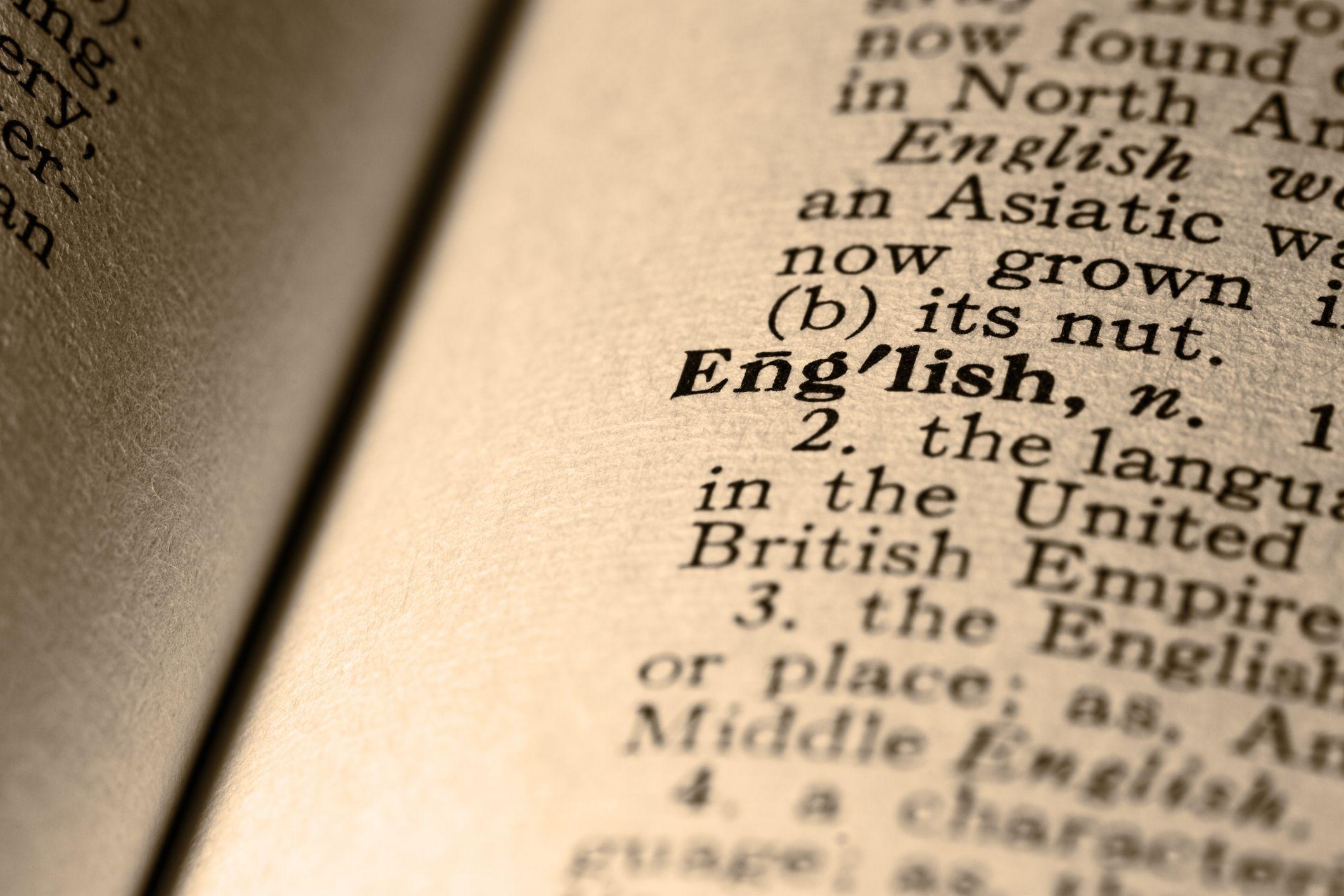
Wikipedia: Abundant information edited by users worldwide. Google: While there is a dedicated translation service, some users have noted that by using image searches they were able to make the connection between words and meaning without introducing a second language (more practical for nouns). Learn more about the words or phrases that you want through other means. You will find around 400,000 words in it!ĭon’t forget non-dictionary resources that might just do the trick. ĭicio: This is a Portuguese dictionary developed by computer scientists and linguists from Brazil.RAE: A monolingual Spanish dictionary from the Real Academia Española. ĭuden: One for German learners, its stylish design makes the search experience more enjoyable than some of the others out there.Larousse: Yes, they also have bilingual dictionaries, but if you are looking for a credible monolingual French dictionary, make sure you give it a shot. For English, its flexible search methods may be just what you need when you can only vaguely remember the word that you are looking for. TheFreeDictionary: Challenge yourself to a monolingual dictionary that is available in 15 languages. Wiktionary: You probably know this one already, built and edited by users around the world.: A user-contributed database that can help you find that technical term/phrase not yet updated in general dictionaries.You can also find the most commonly used phrases from the single word that you searched for. bab.la: There are 28 target languages available from English, which means it’s pretty difficult not to find the one you need.It’s great for looking up more specific phrases, as it searches through many bilingual websites to find you real translations of what you need to say. Linguee: Offers translations from English, Spanish, French, German, Russian, and more.It’s great for looking up single words or common phrases, checking conjugations, and browsing the forums. WordReference: Offers translations in English, Spanish, French, German, and more.



Most popular dictionaries free#
Here is a list of free online dictionaries to help you with your language studies. While monolingual dictionaries may be tougher to use at first, they do help you in understanding the whole context in the long run. However, immersing yourself into a monolingual environment and mindset – although scary – is absolutely necessary in order to become fluent. Do you remember competing with your classmates in school to find a specific word in a gigantic hardback dictionary? Over the years, dictionaries have evolved into many different shapes and forms, and they are undoubtedly still an indispensable companion to every language learner out there.īilingual dictionaries help you get the answers that you want when studying a language, which are translations and example sentences in your mother tongue.


 0 kommentar(er)
0 kommentar(er)
